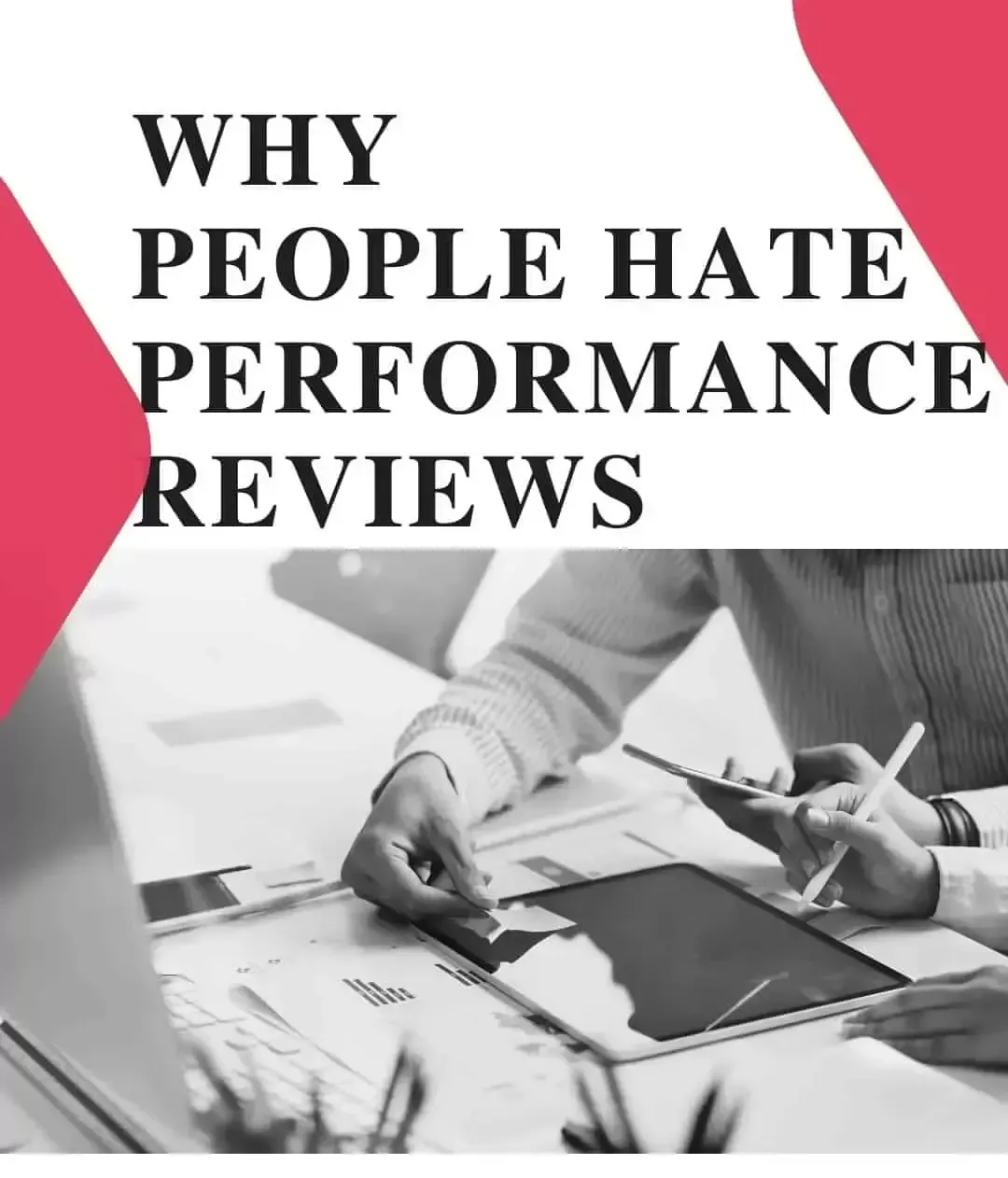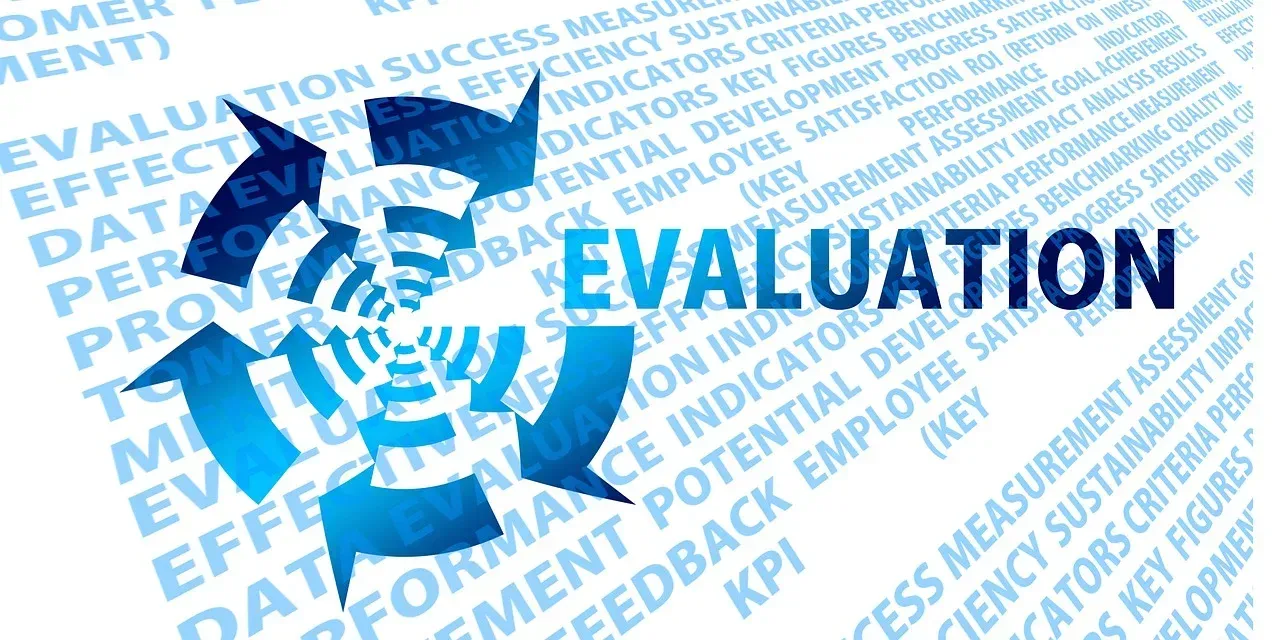Are Performance Reviews a Waste of Time?

Performance reviews are a staple in many organizations, but are they truly beneficial, or do they simply waste time and energy? Let's explore why employees often despise performance reviews and whether these traditional evaluations do more harm than good.
Why Do Employees Hate Performance Reviews?
- Stress and Anxiety: The anticipation of a performance review can cause significant stress and anxiety among employees. The formal setting and the prospect of being graded can make the process feel more like a judgment day than a constructive dialogue.
- Retrospective Feedback: Performance reviews typically focus on what employees did well and what they did poorly over the past year. This retrospective approach can be frustrating, as it doesn't provide timely feedback that employees can use to improve their performance in the moment.
- One-Sided Conversations: Often, performance reviews turn into one-sided conversations where managers do most of the talking. This can leave employees feeling unheard and undervalued, further diminishing the potential benefits of the review.
- Perceived Inequity: When performance reviews are used to determine promotions and raises, they can create a sense of inequity among employees. The subjective nature of evaluations can lead to perceptions of favoritism and bias, eroding trust in management.
Are Performance Reviews More Harm Than Good?
Making every employee fill out an evaluation form and then sitting down to discuss it annually can indeed feel like a huge waste of time and energy.
Here’s why performance reviews might do more harm than good:
- Outdated Tradition: Performance reviews are often carried out simply because they are a time-honored tradition, not because they are effective. This adherence to tradition can stifle innovation and prevent the adoption of more effective feedback mechanisms.
- Lack of Immediate Feedback: Constructive feedback is most effective when given in real-time. Waiting months to address issues or recognize achievements means missing opportunities for immediate improvement and growth.
- Power Dynamics: The traditional performance review can reinforce hierarchical power dynamics, reminding employees of their place in the organizational structure. This can be demotivating and counterproductive, especially in environments that strive for collaboration and inclusivity.
A Better Approach to Feedback
Employees need and deserve feedback that helps them grow and improve. Here’s how organizations can move away from traditional performance reviews and towards more effective feedback mechanisms:
- Continuous Feedback: Encourage managers to provide feedback regularly and in real-time. This approach helps employees make immediate adjustments and fosters a culture of continuous improvement.
- Two-Way Conversations: Make feedback sessions a two-way dialogue. Employees should feel comfortable sharing their thoughts and concerns, making the process more collaborative and less hierarchical.
- Focus on Development: Shift the focus from evaluating past performance to developing future potential. Use feedback sessions to set goals, identify development opportunities, and create actionable plans for growth.
- Tailored Feedback: Recognize that each employee is unique and may require different types of feedback. Tailor feedback to individual needs and circumstances to make it more relevant and impactful.
By adopting these strategies, organizations can create a feedback culture that supports employee growth and engagement without the downsides of traditional performance reviews. Ultimately, it's about fostering an environment where feedback is a tool for development rather than a source of stress.
You might also like




